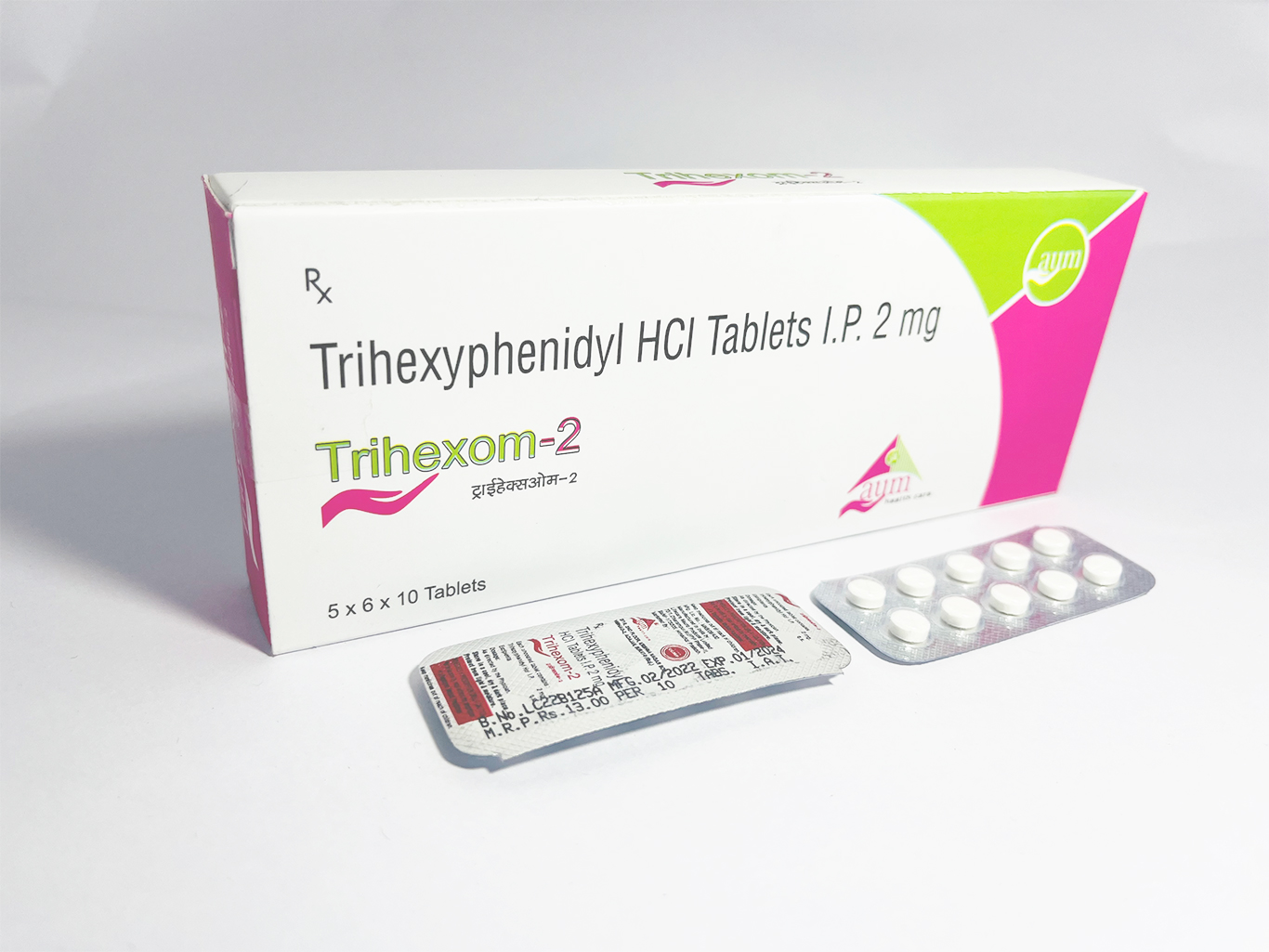
Parkinson’s disease is a degenerative disorder of movement that occurs due to dopamine deficiency in the basal ganglia. Anti Parkinson agents attempt to replace dopamine and treat or halt the symptoms such as tremor, hypokinesia, and so on.
Parkinson’s disease is a brain disorder that leads to shaking, stiffness, and difficulty with walking, balance, and coordination. Parkinson’s symptoms usually begin gradually and get worse over time. As the disease progresses, people may have difficulty walking and talking.
Parkinson’s disease is caused by a loss of nerve cells in the part of the brain called the substantia nigra. Nerve cells in this part of the brain are responsible for producing a chemical called dopamine.
Anti-Parkinson’s drugs are mainly used to treat Parkinson’s disease. They are not psychiatric drugs, which means they are not licensed to treat mental health problems. But your doctor or psychiatrist may prescribe one of these drugs alongside an antipsychotic, to reduce certain side effects from the antipsychotic.
Treatments are available to help relieve the symptoms and maintain your quality of life. These treatments include: supportive therapies, such as physiotherapy, medication.
Parkinson’s signs and symptoms may include :
- Tremor- A tremor, or shaking, usually begins in a limb, often your hand or fingers
- Slowed movement (bradykinesia).
- Rigid muscles
- Impaired posture and balance
- Loss of automatic movements
- Speech changes
- Writing changes
Research suggests that stressful life events may increase the risk of Parkinson’s disease. In addition, animal studies indicate that stress damages dopamine cells, resulting in more severe parkinsonian symptoms. In humans, acute stress can worsen motor symptoms, including bradykinesia, freezing, and tremor.
10 Early Signs of Parkinson’s Disease :
- Tremor- Have you noticed a slight shaking or tremor in your finger, thumb, hand or chin?
- Small Handwriting- Has your handwriting gotten much smaller than it was in the past?
- Loss of Smell
- Trouble Sleeping
- Trouble Moving or Walking
- Constipation
- Masked Face
- Dizziness or Fainting
There are other things that put an individual at higher risk for developing Parkinson’s. The main risk factor is age, because Parkinson’s disease in most commonly found in adults over the age of 50 (although diagnoses can occur in much younger people). Men also have a higher risk of Parkinson’s disease than women.
7 Ways to Prevent Parkinson’s Disease :
- Go Organic (and Local), Avoid Pesticides and herbicides have been heavily implicated in causing Parkinson’s
- Eat Fresh, Raw Vegetables
- Incorporate Omega-3 Fatty Acids Into Your Diet
- Vitamin D3
- Green Tea
- Regular Aerobic Exercise
- Medicine


